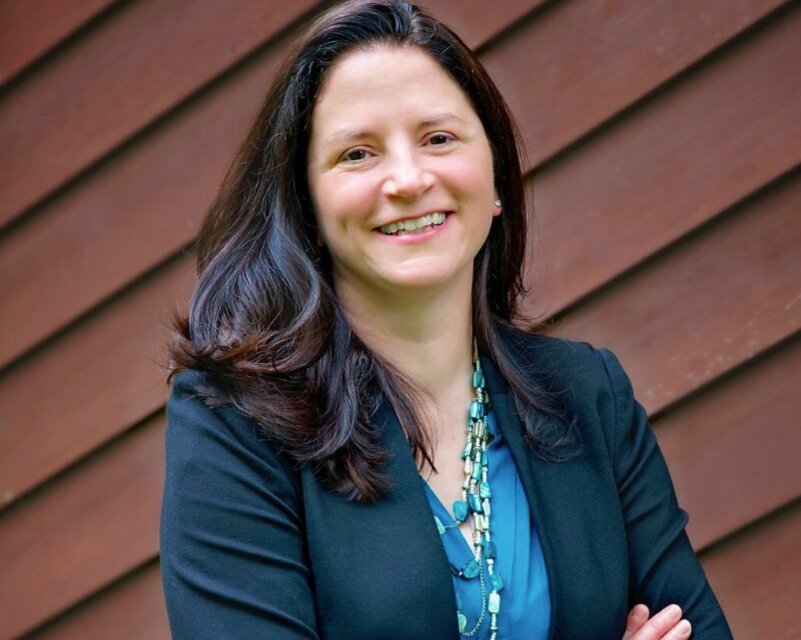Duty of care requires one to make decisions in good faith and a sensible manner. Today’s meetings call for a cautious examination of so many elements of the event before guests arrive. Duty of care has taken on a life of its own in 2022.
Attendee wellness and safety should be top of mind as we gather en masse, returning to face-to-face events. Its no longer about sanitizer and socially distanced seating. It’s about the many layers that we have added to our personal lives that need to carry over to our professional lives. We take precautions to keep us and our families safe and as meeting planners, we should be thinking about the attendee in the same way.
With mask mandates lifted in cities and on flights, each of us is now completely responsible for our own safety and risk mitigation as we travel from our homes to offsite events. What happens once attendees arrive at the venue can be planned to reduce risks. Offering a unified and transparent focus on health and a safety with a venue is a clear sign to attendees that we, as planners, take their concerns to heart.
Risk Assessment and the Budget: You can’t have one without the other.
Creating a safer, in-person event, requires a risk assessment and a budget line item. A comprehensive risk assessment should start with consideration for the attendee travel. How many attendees will be flying to your meeting? Is it feasible to offer attendees the opportunity to drive themselves? Have you factored a line item for parking into your budget?
Airport transfers are another area of concern for many attendees. Some people are not comfortable boarding a shuttle with folks who have just arrived from somewhere else. Consider polling your attendees to gauge their feelings on this topic and offer alternatives such as Uber vouchers.
For hotel check-in, ask about touchless options. Can the front desk agents provide their hotel information in printed form to reduce time at the front desk? Better yet, can it be included in the hotel confirmation (no paper!)? Reducing the amount of time that attendees are standing in line is always a helpful step.
While many, if not all, in-person events require attestation of vaccination status, what happens if an attendee tests positive onsite? Does your budget include onsite testing? What about flight flexibility for attendees who decided they are not comfortable staying if someone does test positive? Have you arranged with the hotel for the guest to stay onsite until they are well enough to travel? Have you budgeted for extra nights beyond your contracted room block?
In considering the ways that we should be prepared to ensure attendee safety, having a robust contingency plan and budget for the safety and comfort of the attendees is an excellent first step for establishing confidence.
The venue: What questions should you be asking?
Now that we’re moving about in the world with fewer masks and more freedom, it doesn’t mean we should stop thinking about our safety in enclosed spaces. Today’s meetings are being held in hotel ballrooms and venue spaces as they had been prior to the pandemic. Have the hotels kept up their standard of cleaning and sanitizing? Or have those practices relaxed?
We need to ask these questions. I have a list of questions I ask my hotel partner before booking. They become contract clauses when I sign. I want to ensure that high touch surfaces are being sanitized. I want to confirm for my attendees, that the meeting rooms are being cleaned and sanitized each night. Are electrostatic disinfecting foggers being used?
I want to know the specifications for the HVAC system. Does the venue have a central ventilation system that utilizes Mixing ventilation or Displacement ventilation? Does the hotel utilize the recirculation function, for energy efficiency (and cost savings) or do they prioritize a fresh air supply? We should be able to explain to our stakeholders cleanly and clearly, how the host property manages air circulation.
Duty of Care, simplified!
Think about the attendees the same way you think about your loved ones or yourself. If you walk into a store, get into an elevator and have pause about the surfaces you have touched or the air you are breathing, chances are, so do your attendees as they enter your meeting room. Ask the questions. Bump up the budget. And be transparent with the safety information you provide. Hosting safe and comfortable events begins by building trust with your attendees. You can help your event host by being prepared financially to manage situations that arise. Everyone wins!













